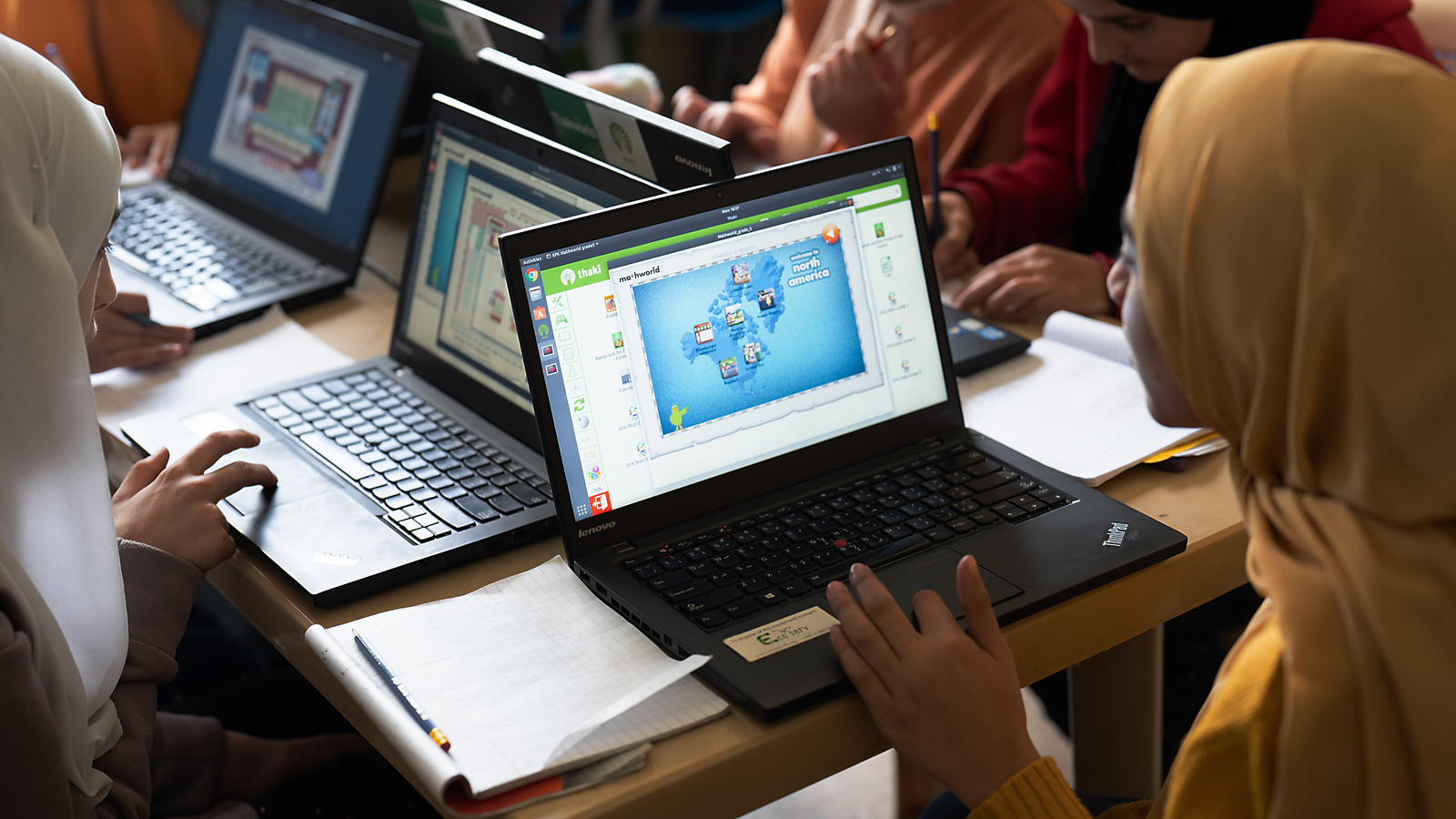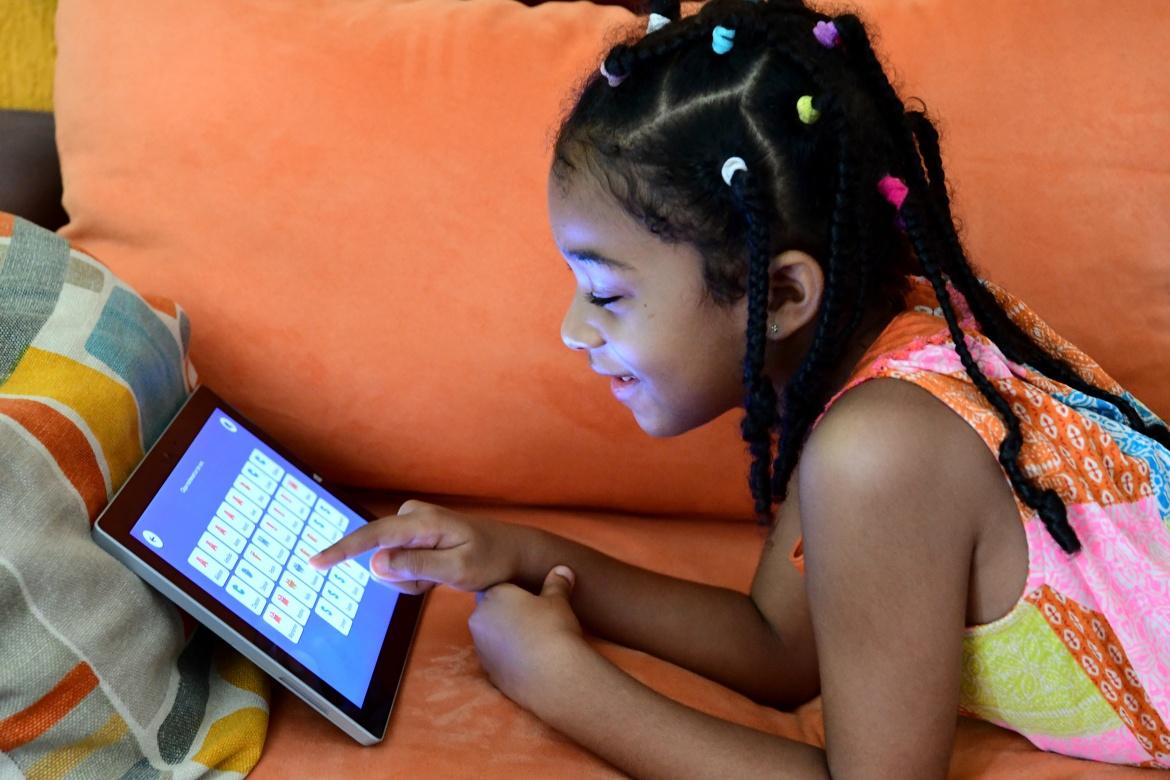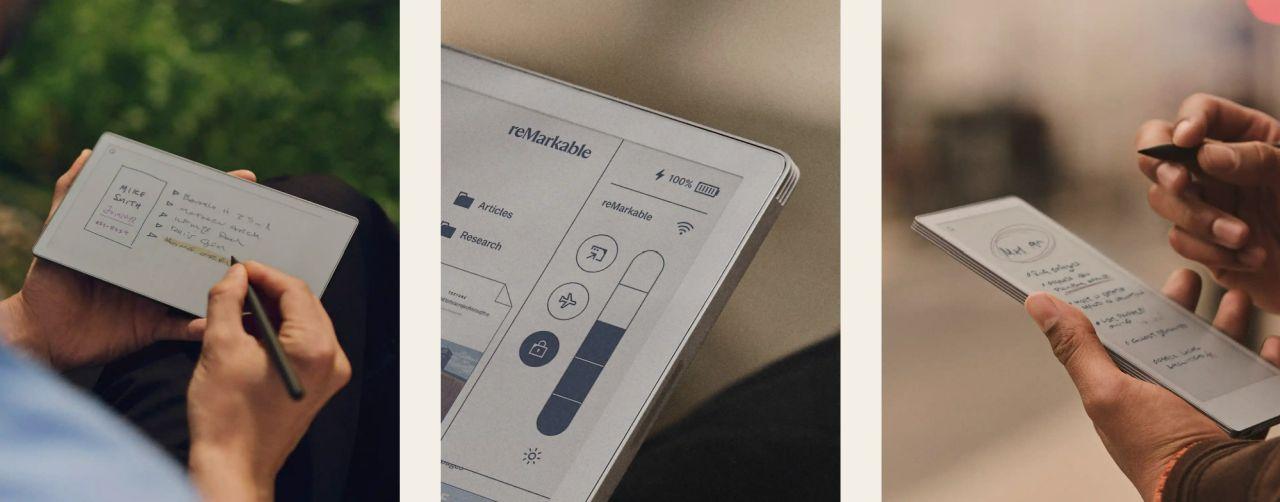
How Rocket Learning is Helping India Universalise Early Childhood Education
India’s demographic bulge, as the world’s most populous country, is a double-edge sword—one that can accelerate India’s development into the third-largest economy by 2030 or implode because of lack of productivity and productive work. Education through it all, remains the catalyst.
The National Education Policy 2020 was the first to recognise learning as a continuum that began much before a child even entered school. And therefore, advocated for intellectual stimulation through play-based methods in the foundational stage of 3-6 years of age. The National Curriculum Framework for Foundational Stage (NCF 2022), subsequently provided additional guidance and appointed the Integrated Children Development Scheme (ICDS) in charge of delivering early childhood education (ECE) through its Anganwadi network of 1.39 million day-care centres that reach over 80 million children from low-income households.
Democratisation of access to technology (smartphone) and the internet, on the other hand, brought 351 million rural residents online. Over the last five years, data costs went as low as $0.17 per GB (amongst the cheapest in the world!) and the share of households with smartphone access doubled. 70% of low-income households were finally smartphone holders and had access to WhatsApp. And that meant—learning could cross the distance and reach last-mile communities.
Now, without the burden of solving for technology access, India faces a more nuanced challenge–how can meaningful learning take place in the context of digital devices and early childhood education? Both of which parents had access to for the first time.
 (An Anganwadi worker guiding parents on how to work on Rocket Learning activities with their children)
(An Anganwadi worker guiding parents on how to work on Rocket Learning activities with their children)Rocket Learning introduced the AIM model to solve this challenge; our studies had shown that low income demographies lack Awareness of ECE’s criticality (A), Information to impart ECE effectively (I), and Motivation and Measurement (M) to test and sustain progress. We built WhatsApp-based digital communities of learning between Anganwadi workers and the parents of the children in her classroom, along with Rocket Learning’s AI bot. The bot sends daily bite-sized educational content (Information), localised media nudges (Aspiration) and acknowledgment through rewards by sharing digital chocolates, medals, emojis, etc. on the group (Motivation). Parents are encouraged to do the activities with their children and share it on their class group creating two-way interactions. Anganwadi workers act as guides and motivators to the parents - keeping the group positively accountable.
In the process, we have gleaned five major drivers of rich, healthy digital interactions from our 1 million+ digital classrooms that ensure long-term positive learning outcomes:
Lowering the barrier to entry: Eliminating the possibility of status signaling by creating low fidelity videos in low-fidelity household set-ups and equal recognition for all participation helps ensure that parents from any household feel comfortable sharing videos of them doing activities with their children on the digital community, with lower barriers to posting.
Feeling of “attainability” and “achievability”: Watching a community peer do what was previously considered difficult builds intrinsic motivation. For instance, mothers from rural India in Rocket communities said that they had never been allowed access to phones due to restrictive societal norms for women. But seeing other mothers in the community using our localised language content with ease, gradually built their own confidence to engage in their children’s learning.
Learning content that fosters physical interactions: Good use of technology in a learning community is one that encourages children’s off-device activities such as requiring them to explore their surroundings to find certain objects and patterns. This promotes cognitive development and fosters offline conversations and high-trust relationships with parents.
Gamifying the experience of the group: In small doses, gamification fosters healthy competition amongst the kids. The children in Rocket Learning classrooms actively ask for updates on the emojis they receive on the weekly emoji boards and enjoy learning so much that they have begun asking parents for their learning activity of the day. Mothers in our community have mentioned that their kids have a playful competition amongst themselves on who has done the most activities that week, supporting our A/B testing results that show group-based gamification and positive reinforcement leads to higher and more sustained learning engagement gains as compared to individual nudges.
Eliminating negative reinforcement: Helps in creating safe spaces for women, who in India access the internet much less than their male counterparts. This empowers the mother to become highly engaged in their children’s education.
This proof of concept enabled Rocket Learning to replicate its community-based digital model to provide experiential learning for Anganwadi workers. During the pursuit, Rocket Learning became a strategic partner to the Ministry of Women and Child Development, helping them conceptualise and implement the Poshan Bhi, Padhai Bhi program (Nutrition along with Education) under Mission Saksham Anganwadi and Poshan 2.0 that reimagines “Anganwadi centres” as “Vibrant centres of learning”—focusing on capacity building and play-based pedagogy adoption.
 (Ankita Kodavoor demonstrating Rocket Learning's teacher product to the Anganwadi workers)
(Ankita Kodavoor demonstrating Rocket Learning's teacher product to the Anganwadi workers)In these three years of Rocket Learning, we have seen ECE’s roIe in 1.5 million children across more than seven states, whose families now dare to dream of a brighter future. We see it in the mothers who feel empowered to step out of the shadows to regain control of their children’s education. We see it in the fathers who choose to break traditional gender roles in the interest of their children’s holistic development. And in Anganwadi workers’ resilient dedication to their communities’ welfare that drives them to upskill and befriend technology. For us, the answer to safeguarding an equitable future for India has never been clearer–digital communities of good to ensure an equal foundation early for all.
Learn more about solutions like Rocket Learning and explore ways to support Solve.
About the authors: Gupta is the Co-Founder of Rocket Learning, an edtech non-profit in India where Kodavoor and Desai lead Product and Communications, respectively. Rocket Learning is a 2021 Solver team who addressed the Equitable Classrooms Challenge.
Tags:
- Learning
Related articles
-
“Education is the one thing you can take with you.” A Q&A with Rudayna Abdo, Founder and CEO, Thaki

-
A LEAP in evidence-based innovation for education
How to address the need for evidence-based innovation in education by empowering researchers, social entrepreneurs and education organizations to work together.
-
Powered by Purpose: E Ink’s ePaper Technology Takes Aim at the World’s Toughest Problems
Because it draws power only when an image changes—and none at all while static—ePaper reduces energy consumption by orders of magnitude. That single breakthrough unlocks net-zero transit signs, off-grid medical notebooks, and other applications that traditional screens simply can’t power sustainably.
